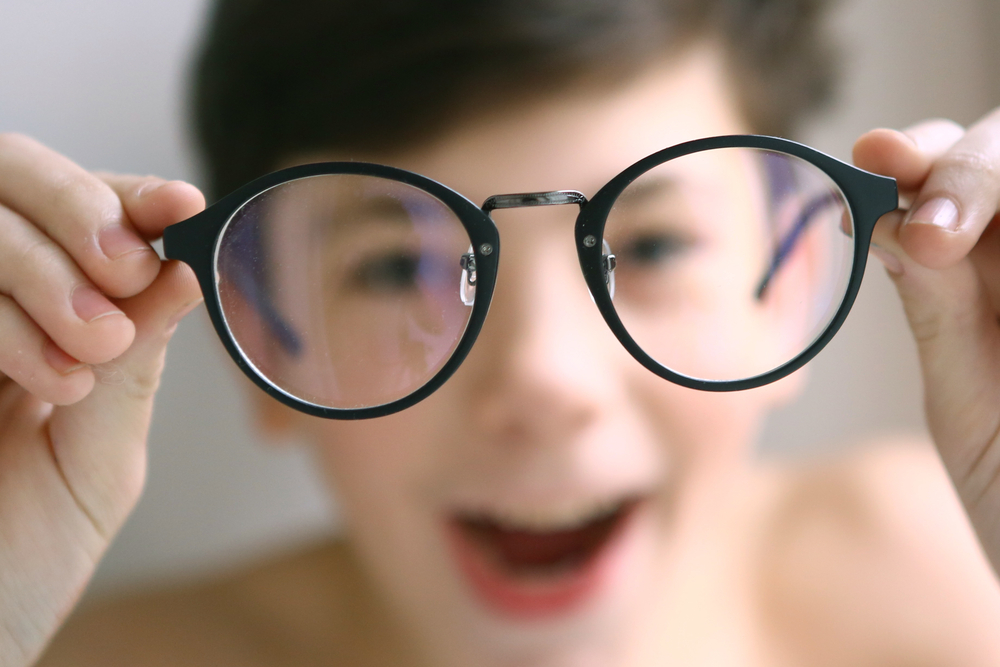
We often get many of our traits from our parents, who naturally pass them down to their offspring. From hair, eyes, and skin color to the shape of our nose and more, most of our traits are genetic. Others such as academic excellence or athletic prowess can also be genetic. So, what about conditions such as myopia?
Research shows that parents with myopia are more likely to have kids who will develop the condition. The data is also the same for hyperopic parents. Both refractive conditions result from inherited genetic markers. Experts also say the most common vision issues have something to do with genetics.
How Myopia Develops
Myopia or shortsightedness is a common refractive disorder. It develops when your eyes grow a bit too long, preventing them from creating sharp images of objects in the distance. Researchers cannot pinpoint why it happens. However, they think it can result from a combination of environmental and genetic factors. These factors may work together and hinder the normal development of your eye.
Myopia often begins during your childhood or teenage years. As you age, the disorder may worsen until your adulthood. At this age, myopia starts to stabilize and stops getting worse. In some cases, it can even improve later in adulthood.
For normal vision, the light will pass through the cornea at the front of your eye. Then the lens focuses the light onto the eye's retina surface. The retina is the part of your eye containing light-sensitive cells.
For myopic people, their eyeballs are abnormally long from back to front. Thus, the light entering their eye erroneously focuses in front of the retina rather than on its surface. This is the condition that causes distant objects to look blurry. The longer your eyeball, the more severe your myopia will be.
Your Genes Matter
As mentioned before, it is not clear why some people develop myopia. However, some things increase your risk of developing nearsightedness. One of them is your genes. Myopia is a condition known to run in families. You are more likely to develop it if one or both of your parents have it.
Scientists have so far identified over 40 genetic markers linked to myopia. These genes are responsible for communication between your eyes and your brain. They are responsible for the development and structure of your eye.
What Is the Solution?
There is not much you can do to fight your genes. However, you are responsible for taking care of your eyes. Good eye health is vital as it helps you achieve your everyday tasks. You may not realize the value of your sight until it starts deteriorating. You could achieve optimal vision even if you inherited nearsightedness from your parents.
Research your family history of eye diseases to understand your risk of developing certain disorders. Ensure that your diet and lifestyle are not detrimental to your general eye health. Also, regularly getting a comprehensive eye exam is essential. Most eye issues, such as myopia, are often manageable when caught early.
For more on myopia, call Dau Family Eye Care at (904) 713-2020 to reach our office in St. John's, Florida.





